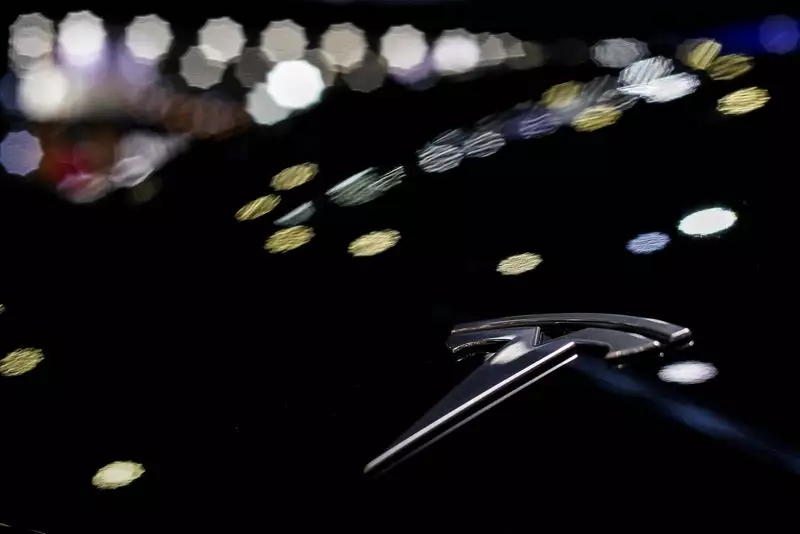In a significant development on Friday, JPMorgan Chase, the powerhouse of the U.S. banking sector, officially decided to withdraw its lawsuit against electric vehicle giant Tesla. This legal feud, which revolved around stock warrant transactions, has drawn attention not only due to the financial stakes involved but also because of the reputations on the line for both entities. The announcement was made through a concise one-page filing in a Manhattan court, marking the end of a conflict that had ramifications far beyond the courtroom. By agreeing to dismiss mutual claims without disclosing any settlement terms, both companies have chosen to put this contentious chapter behind them.
The roots of this legal tussle date back to November 2021 when JPMorgan sought a hefty $162.2 million from Tesla, citing a breach of contract related to stock warrants as outlined in their agreement from 2014. At the heart of the issue was an infamous tweet from Tesla’s CEO, Elon Musk, dated August 7, 2018, in which he suggested taking the company private at a valuation of $420 per share and claimed to have “funding secured.” This tweet, followed by Musk’s abrupt abandonment of the privatization plan, triggered a rollercoaster of volatility in Tesla’s stock price, which JPMorgan argued rendered the stock warrants significantly more valuable.
JPMorgan contended that they were legally obligated to adjust the strike price of the warrants to reflect the altered market value resulting from Musk’s communication, citing a ten-fold increase in Tesla’s stock price that raised concerns about owed payments from Tesla that had not been made.
In response to JPMorgan’s allegations, Tesla did not back down. The electric vehicle manufacturer filed a countersuit in January 2023, asserting that JPMorgan was attempting to capitalize on a miscalculation regarding the strike price of the warrants. Tesla’s legal team painted the bank’s efforts in a negative light, accusing it of aiming for “a windfall” at the expense of Tesla’s growth—a stark portrayal of the ongoing financial tussle between the two giants.
Musk’s historical relationship with regulatory frameworks further complicated matters. The unpredictability stemming from his tweets and public statements always poses potential problems, especially given a prior agreement with the U.S. Securities and Exchange Commission which requires Musk to obtain pre-approval for certain communications.
The resolution of this legal battle raises questions about the future interactions between major corporations and could set a precedent in similar disputes involving stock warrants and volatile share prices. It reflects the complex interplay of corporate contracts, regulatory oversight, and the unpredictable nature of social media in the modern business landscape. Analysts and investors alike will be keen to observe how both JPMorgan and Tesla move forward post-settlement.
This case might not just be a conclusion but an insightful lesson on the importance of carefully navigating legal agreements, especially in the fast-evolving domains of technology and finance.

